Rehab Centers That Allow Couples
Recovery is a journey that becomes more manageable with support. For couples struggling with addiction, finding a treatment facility that allows them to heal together can be transformative. At Couples Rehabs in San Diego, CA, we understand the unique dynamics of addressing substance use disorders within relationships and provide specialized programs designed for partners seeking recovery together.
Understanding Couples Addiction Treatment
When both partners in a relationship face addiction challenges, seeking treatment together can offer numerous advantages. Couples rehab programs focus on addressing not only individual substance use issues but also the relationship dynamics that may contribute to addictive behaviors.
At Couples Rehabs in San Diego, our approach recognizes that addiction affects both individuals and their relationship. Our comprehensive treatment plans are designed to heal both dimensions simultaneously, creating a foundation for lasting recovery.
Why Couples Choose to Recover Together
Many couples choose joint recovery for several compelling reasons:
- Mutual accountability creates a built-in support system
- Shared understanding of the recovery journey
- Resolution of relationship issues that may contribute to substance use
- Development of healthy communication patterns essential for long-term sobriety
- Learning to enjoy sober activities together as a foundation for their new lifestyle
Benefits of Couples Rehab
Choosing a rehab center that accepts couples offers unique advantages compared to individual treatment. Research shows that couples who recover together often experience better long-term outcomes when the relationship is preserved and strengthened through the process.
Strengthening Relationship Foundations
One of the primary benefits of couples rehab is the opportunity to rebuild trust and communication skills that may have deteriorated during active addiction. At Couples Rehabs in San Diego, our specialized therapists guide partners through structured exercises designed to:
- Identify negative interaction patterns
- Develop healthier communication strategies
- Rebuild trust damaged by addiction
- Create new bonding experiences without substances
- Establish boundaries that support sobriety
Enhanced Treatment Outcomes
Studies indicate that partners who enter treatment together often show improved retention rates and better long-term sobriety outcomes. The mutual support system created through couples therapy provides additional motivation during challenging phases of recovery.
Our San Diego facility incorporates evidence-based approaches that leverage relationship dynamics as a powerful tool for healing. By addressing both individual and relationship issues simultaneously, couples can develop stronger recovery foundations.
Types of Couples Rehab Programs Available
Couples seeking addiction treatment together have several options available, depending on their specific needs, addiction severity, and life circumstances.
Inpatient Rehab for Couples
Inpatient programs provide the most intensive level of care, with couples residing at the treatment facility 24/7. These programs typically last 30-90 days and offer:
- Shared or separate accommodations (depending on facility policies)
- Daily individual and couples therapy sessions
- Medical supervision for withdrawal and detoxification
- Structured daily routines that promote healing
- Removal from triggers and negative influences
At Couples Rehabs in San Diego, our inpatient facilities provide comfortable, private spaces where couples can focus entirely on their recovery journey without outside distractions or temptations.
Outpatient Options for Couples
For couples who cannot commit to residential treatment due to work, family, or other obligations, outpatient programs offer flexible alternatives:
- Intensive Outpatient Programs (IOP): Typically 3-5 days per week, 3-4 hours per session
- Partial Hospitalization Programs (PHP): Daily treatment for 4-6 hours while living at home
- Traditional Outpatient: 1-2 sessions weekly for ongoing support
These programs allow couples to maintain their daily responsibilities while still receiving structured addiction treatment together. Our San Diego outpatient services accommodate various scheduling needs while providing high-quality care.
How to Talk to Your Partner About Going to Rehab Together
Approaching the subject of joint addiction treatment requires sensitivity and care. Many individuals worry about their partner’s reaction or fear potential rejection of the idea.
Creating a Supportive Conversation
When discussing couples rehab with your partner, consider these approaches:
- Choose a calm, private moment free from distractions
- Use “I” statements to express your concerns without blame
- Focus on the benefits of recovering together rather than past mistakes
- Listen openly to their concerns and questions
- Offer information about specific programs like those at Couples Rehabs in San Diego
Remember that initial resistance doesn’t necessarily mean permanent rejection of the idea. Sometimes partners need time to process the suggestion and overcome their own fears about treatment.
Overcoming Common Objections
Partners may express various concerns about entering treatment together:
- Cost worries: Discuss insurance options and payment plans available
- Fear of judgment: Emphasize the confidential, supportive environment of professional treatment
- Work/family obligations: Explore outpatient options that accommodate these responsibilities
- Uncertainty about the relationship: Explain that treatment helps clarify relationship dynamics without forcing decisions
At Couples Rehabs, our San Diego team can help facilitate these difficult conversations and provide information that addresses specific concerns.
The Intake Process for Couples
When couples decide to enter treatment together, the intake process typically involves several key steps designed to create appropriate, individualized treatment plans.
Initial Assessment
Both partners undergo comprehensive evaluations that typically include:
- Medical history and physical examination
- Substance use assessment
- Mental health screening
- Relationship dynamics evaluation
- Determination of appropriate level of care
These assessments help treatment providers develop personalized plans that address both individual needs and relationship factors. At our San Diego facility, we conduct thorough evaluations to ensure each partner receives appropriate care.
Treatment Planning for Two
Based on assessment results, couples work with clinical teams to develop coordinated treatment plans that may include:
- Individual therapy goals specific to each partner
- Couples therapy objectives addressing relationship dynamics
- Group therapy participation based on specific needs
- Complementary therapies tailored to individual preferences
- Aftercare planning for sustained recovery
The goal is to create balanced plans that address both individual recovery needs and relationship healing. Our specialized staff at Couples Rehabs in San Diego excels at creating these integrated treatment approaches.
Challenges Faced in Couples Addiction Recovery
While recovering together offers many benefits, couples also face unique challenges during the treatment process.
Navigating Codependency Issues
Many couples struggling with addiction develop codependent patterns that can complicate recovery:
- One partner enabling the other’s substance use
- Difficulty establishing healthy boundaries
- Fear of addressing relationship problems
- Using substances to manage relationship stress
- Defining individual identities separate from the relationship
Our San Diego therapists specialize in identifying and addressing these patterns through specialized techniques developed for couples in recovery.
Different Recovery Paces
Partners often progress through recovery at different rates, which can create tension. One may embrace sobriety quickly while the other struggles with cravings or motivation.
At Couples Rehabs, we help partners:
- Understand and respect different recovery timelines
- Support each other without taking responsibility for the other’s sobriety
- Develop patience and compassion during challenging phases
- Celebrate individual and shared progress
- Create relationship rituals that support both recovery journeys
Couples Rehab for Co-Occurring Disorders
Many individuals seeking addiction treatment also struggle with mental health conditions like depression, anxiety, trauma, or personality disorders. When both partners have co-occurring disorders, treatment becomes more complex.
Integrated Treatment Approaches
Effective couples rehab programs address both substance use and mental health conditions simultaneously through:
- Psychiatric evaluation and medication management
- Trauma-informed therapy approaches
- Specialized therapies like CBT, DBT, and EMDR
- Education about the intersection of mental health and addiction
- Skills development for managing symptoms without substances
Our San Diego facility offers comprehensive dual diagnosis treatment for couples, ensuring that mental health conditions receive proper attention alongside addiction issues.
Supporting a Partner with Complex Needs
When one partner has more severe mental health challenges, the other may need additional support and education. Quality couples programs provide:
- Education about specific mental health conditions
- Strategies for supporting without enabling
- Self-care practices for the supporting partner
- Clear boundaries that protect both individuals’ well-being
- Crisis management plans for symptom exacerbations
Cost Considerations for Couples Rehab
One common concern for couples considering joint treatment is the financial aspect. Understanding the costs and available payment options helps couples make informed decisions.
Typical Cost Ranges
The cost of couples rehab varies widely based on:
- Level of care (inpatient vs. outpatient)
- Length of treatment (typically 30-90 days for inpatient)
- Facility amenities and location
- Specialized services needed
- Insurance coverage
Inpatient couples rehab typically ranges from $20,000-$80,000 for a 30-day program for both partners, while outpatient services may cost $5,000-$15,000 per month depending on intensity.
Insurance and Payment Options
Many couples are surprised to learn that treatment may be more affordable than expected through:
- Insurance coverage (many policies cover addiction treatment)
- Sliding scale fees based on income
- Payment plans with manageable monthly installments
- Financing options through third-party lenders
- Scholarships or grants from treatment centers or nonprofit organizations
At Couples Rehabs in San Diego, our admissions team works diligently to help couples maximize their insurance benefits and explore all available payment options.

What to Expect in Daily Couples Rehab Life
Understanding the day-to-day experience in couples rehab helps partners prepare mentally for the journey ahead.
Structured Schedules with Balanced Approaches
Most quality couples programs balance:
- Individual therapy sessions addressing personal recovery
- Couples therapy focused on relationship dynamics
- Group therapy with other couples and individuals
- Educational workshops about addiction and recovery
- Holistic activities like yoga, meditation, and fitness
- Free time for reflection and connection
At our San Diego facility, couples appreciate the thoughtful balance between joint activities and individual growth opportunities.
Developing New Relationship Patterns
A crucial aspect of couples rehab is practicing new interaction patterns in a supportive environment:
- Learning to communicate without substances
- Developing conflict resolution skills
- Practicing healthy boundaries
- Creating new rituals to replace substance-centered activities
- Building shared goals for the future
Therapists provide real-time feedback and guidance as couples practice these new skills, helping them establish patterns that support long-term recovery.
After Treatment: Couples Sober Living Options
The transition from intensive treatment back to everyday life represents a critical juncture in the recovery journey. For many couples, sober living environments provide an important stepping stone.
Specialized Couples Sober Living
Some sober living homes cater specifically to couples in recovery, offering:
- Private accommodations for partners
- Continued couples counseling opportunities
- Household responsibilities that strengthen teamwork
- Community support from other recovering couples
- Gradual reintegration into work and social life
In San Diego, Couples Rehabs maintains connections with quality sober living options that support partners continuing their recovery journey together.
Creating a Recovery-Supportive Home
For couples returning directly to their own homes, establishing a recovery-friendly environment is essential:
- Remove all substances and related paraphernalia
- Create designated spaces for meditation and reflection
- Establish clear boundaries with friends and family who use substances
- Develop new household routines that support sobriety
- Plan for managing triggers that may arise in the home environment
Our aftercare planning includes detailed guidance for couples creating these supportive home environments.
Success Stories: Couples Who Recovered Together
Many couples find that facing addiction together ultimately strengthens their relationship. While respecting client confidentiality, we can share some generalized success patterns we’ve observed at Couples Rehabs in San Diego.
Transformational Journeys
Successful couples typically experience:
- Profound improvements in communication
- Development of deeper intimacy without substances
- Renewed trust and commitment
- Individual growth that enhances the relationship
- New shared interests and activities
- Improved conflict resolution skills
- Greater resilience when facing life challenges
These transformations don’t happen overnight—they result from dedicated work and commitment to both individual recovery and relationship healing.
How to Find Rehab Centers That Accept Couples Near Me
For couples ready to begin their recovery journey together, finding appropriate treatment options is the critical first step.
Research Considerations
When searching for couples rehab programs, consider these factors:
- Specific couples programming (not just facilities that allow partners)
- Staff credentials in addiction and relationship therapy
- Evidence-based treatment approaches
- Success rates with couples specifically
- Aftercare support for relationship maintenance
- Insurance acceptance and financial options
- Location and environment that supports healing
Questions to Ask Potential Programs
When contacting facilities like Couples Rehabs in San Diego, ask:
- “What specific couples therapy modalities do you offer?”
- “Do couples share accommodations or have separate rooms?”
- “How do you handle situations where one partner wants to leave treatment?”
- “What experience do your therapists have with couples addiction issues?”
- “How do you address codependency during treatment?”
- “What aftercare support do you provide for couples specifically?”
- “How do you handle different substances or severity levels between partners?”
Frequently Asked Questions About Couples Rehab
1. Do rehab facilities allow couples with different addiction levels?
Yes, many quality facilities like Couples Rehabs in San Diego treat partners with varying addiction severities. Treatment plans are individualized while still incorporating couples therapy components. The key is ensuring both partners receive appropriate care for their specific needs.
2. Can couples share rooms during inpatient treatment?
Policies vary by facility. Some programs offer shared accommodations for couples, while others provide separate rooms but joint therapy. At Couples Rehabs, we offer options based on clinical recommendations and couple preferences.
3. What happens if one partner relapses during treatment?
Treatment teams address relapses as learning opportunities rather than failures. The specific response depends on the circumstances, but might include increased individual support, adjustment of treatment plans, or in some cases, temporary separation to focus on individual needs.
4. Are there specialized programs for same-sex couples?
Yes, many facilities including Couples Rehabs in San Diego offer inclusive treatment that addresses the unique aspects of all relationships. LGBTQ+ couples can benefit from therapists trained in the specific challenges these relationships may face in the context of recovery.
5. How can we maintain progress after completing rehab?
Ongoing couples therapy, participation in recovery support groups (both individual and couples-focused), continued practice of communication skills, and development of sober activities are all critical components of post-treatment success.
6. What if we discover our relationship isn’t healthy during treatment?
Sometimes the clarity gained during treatment reveals that a relationship isn’t serving either partner well. Quality programs help couples navigate these difficult realizations with compassion, supporting whatever decisions partners make about their future together.
7. Can children visit or participate in family therapy during couples rehab?
Many programs offer family therapy components where children can participate at appropriate times. For inpatient programs, facilities vary in their visitation policies, but most recognize the importance of family connections during treatment.
8. How are privacy and confidentiality maintained for couples in treatment?
Ethical treatment providers maintain strict confidentiality for both partners. Information shared in individual sessions remains private unless there’s risk of harm. Couples establish agreements about information sharing with their therapists at the beginning of treatment.
9. What’s the success rate for couples who attend rehab together?
Success rates vary widely and depend on many factors. However, research suggests that couples who complete treatment together and actively participate in aftercare have significantly better outcomes than those who don’t receive specialized couples services.
10. Can we continue working while in couples rehab?
Outpatient and intensive outpatient programs allow couples to maintain employment while receiving treatment. Even some partial hospitalization programs can accommodate work schedules. Inpatient treatment typically requires taking time away from work, though some executives or remote workers make special arrangements.
Taking the First Step Together
Beginning the journey to recovery as a couple takes courage and commitment. At Couples Rehabs in San Diego, we honor that courage by providing specialized, compassionate care designed for partners healing together.
The decision to seek help is the most important step. When both partners commit to recovery and relationship healing simultaneously, they create a powerful foundation for lasting change.
If you’re considering couples rehab, remember that reaching out for information doesn’t commit you to treatment—it simply opens the door to possibilities. Our compassionate team is ready to answer your questions and help you explore whether our San Diego programs might be right for your situation.
Recovery is possible, and relationships can heal. When partners commit to this journey together, they often discover not just sobriety, but a deeper, more authentic connection that enriches both their lives.
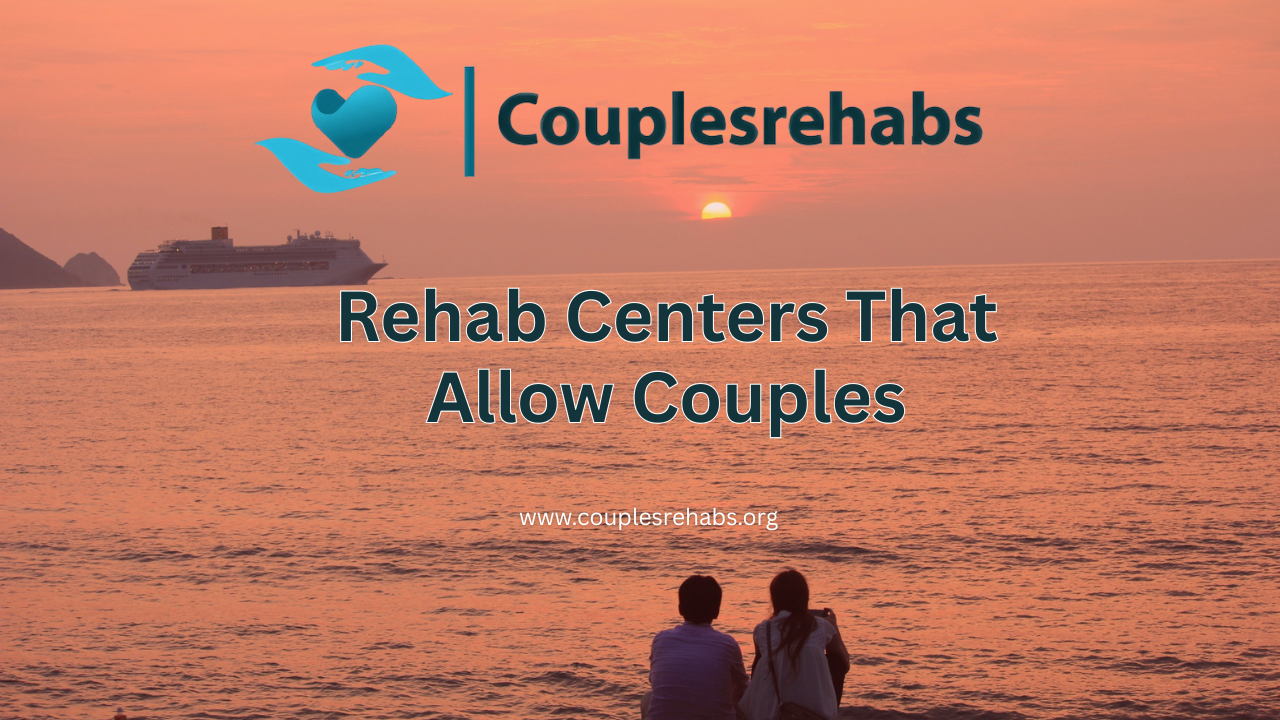
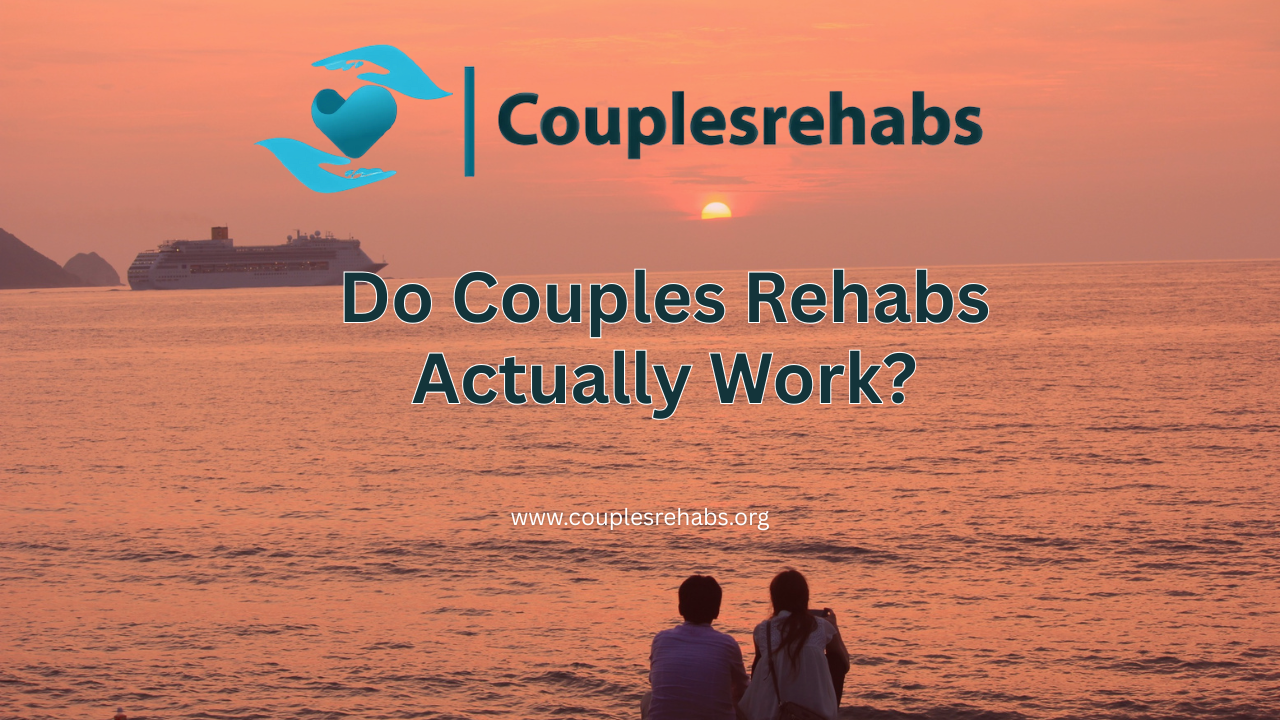


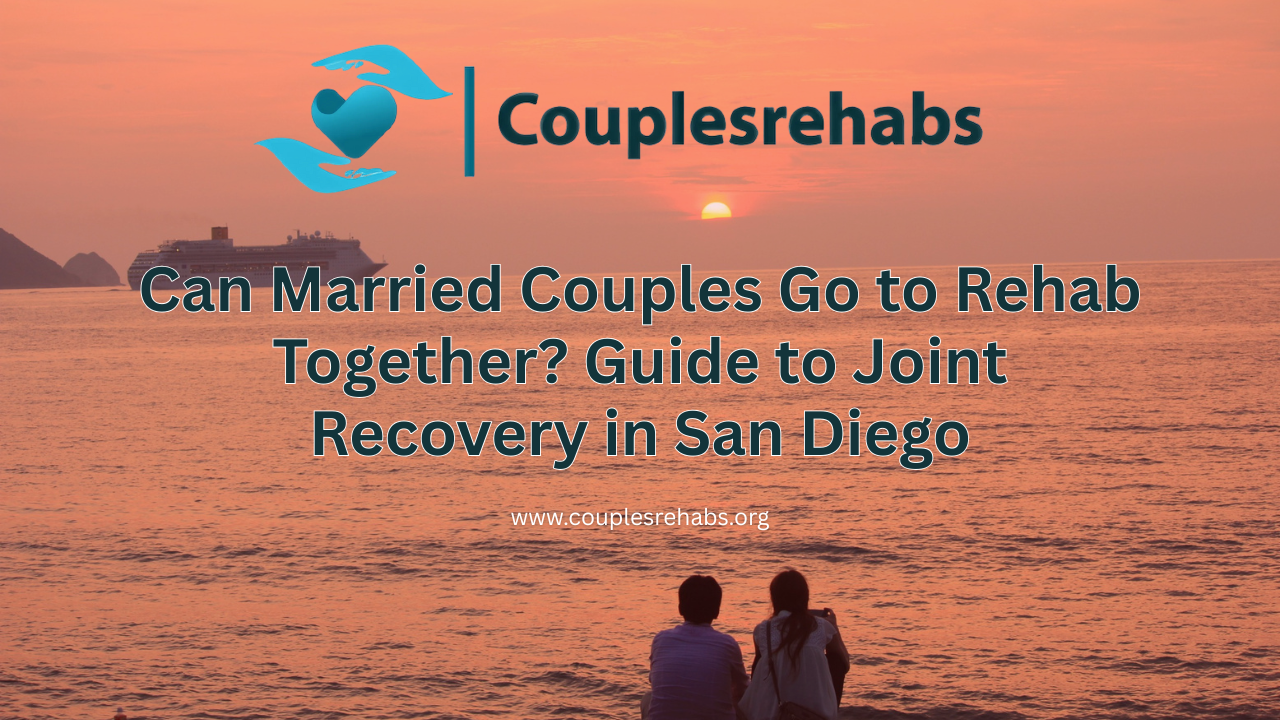
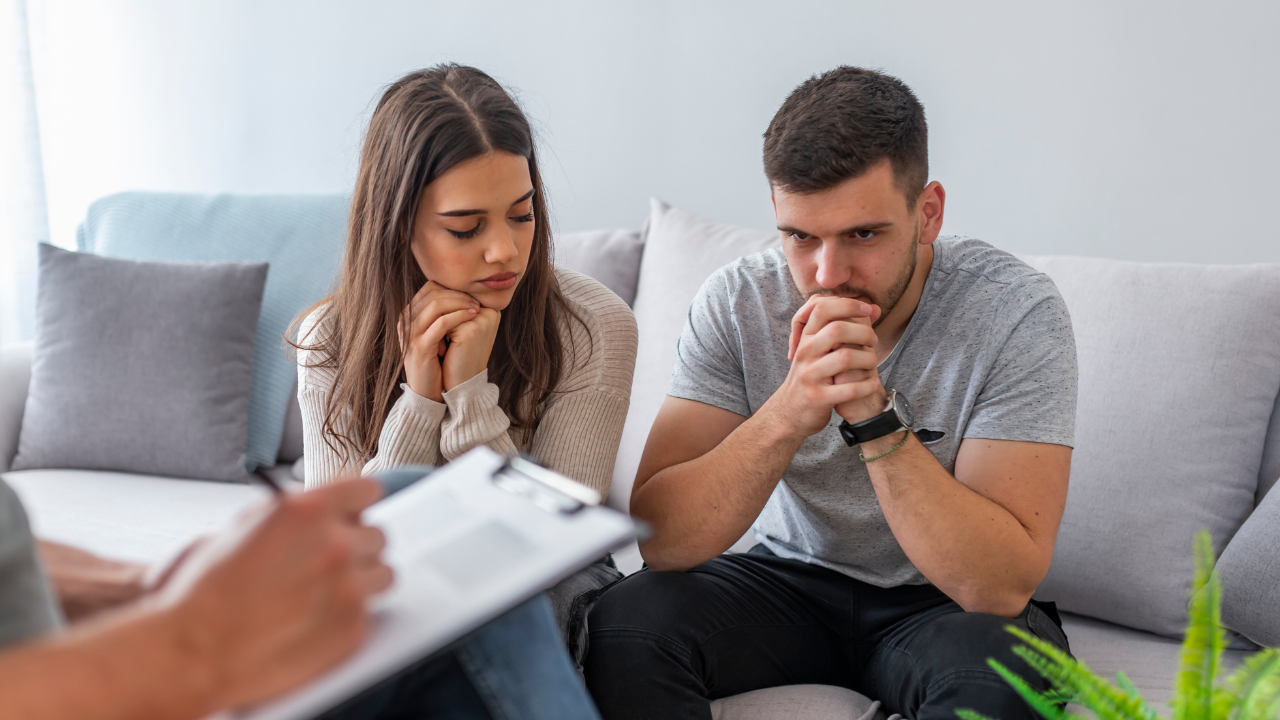
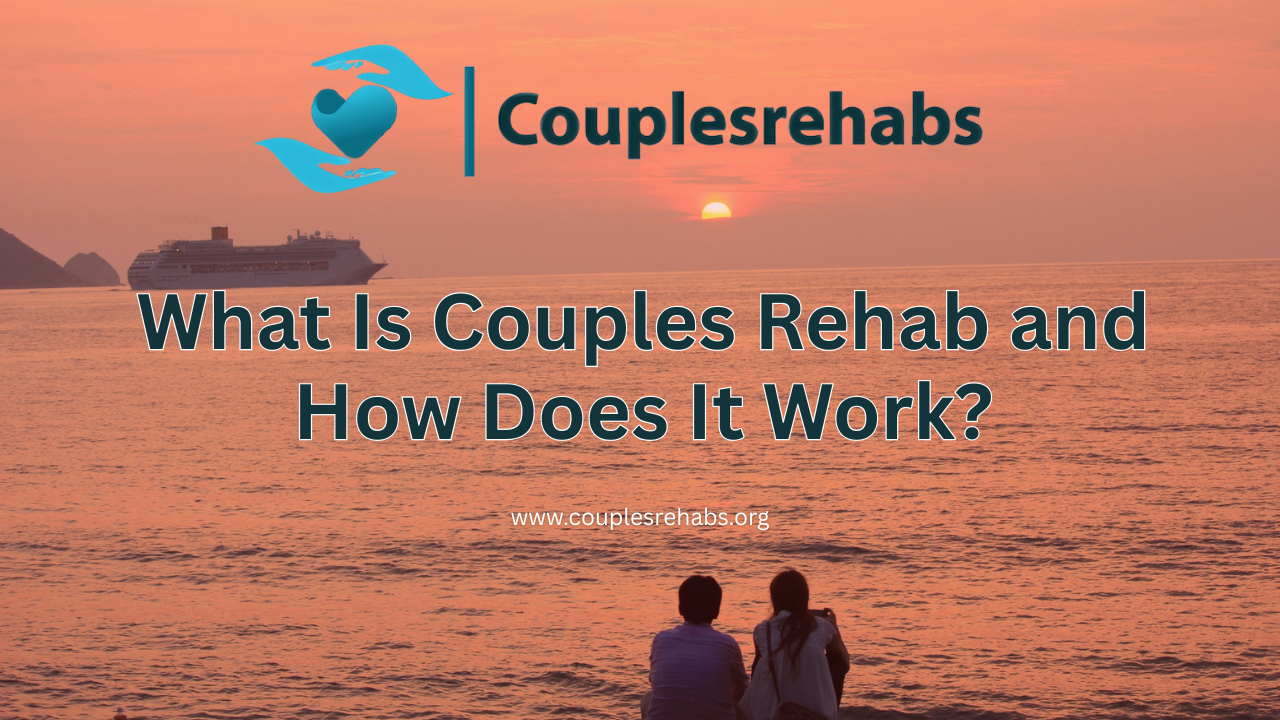

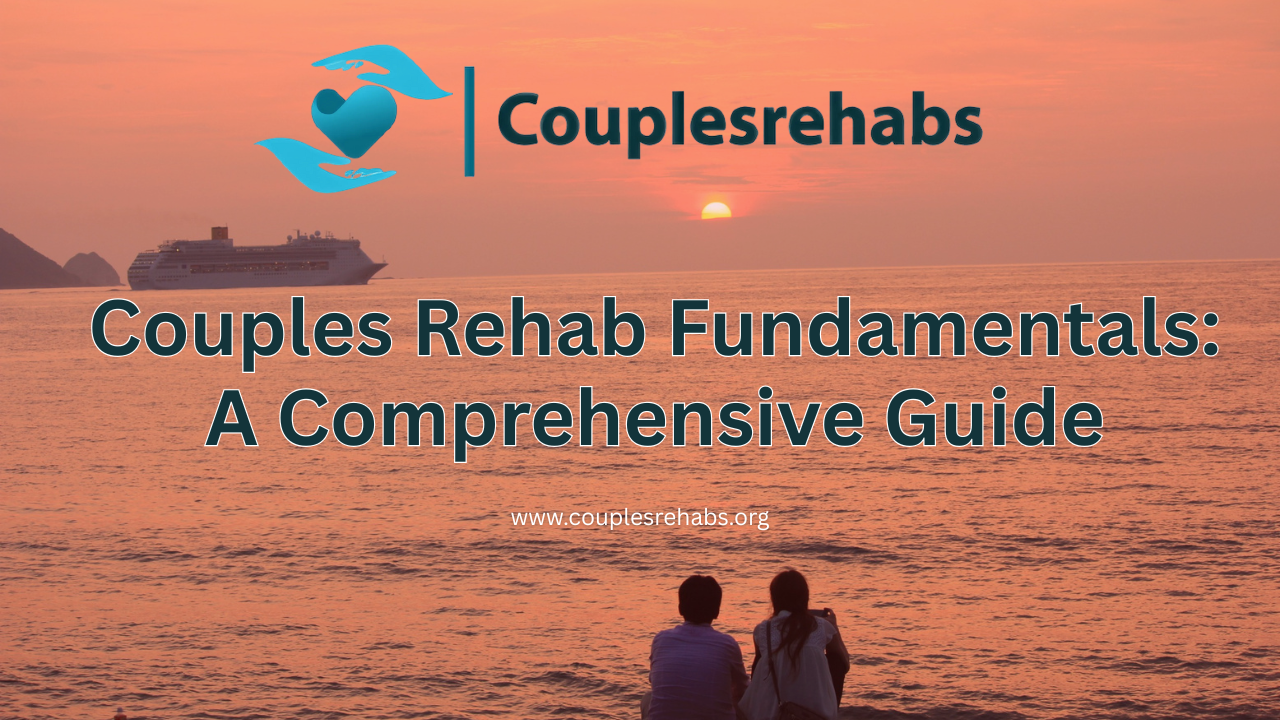








Recent Comments